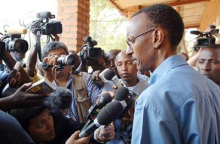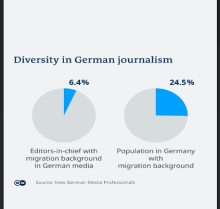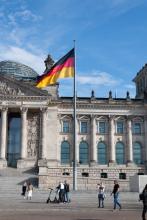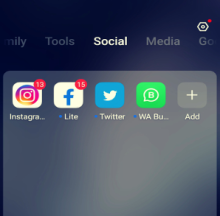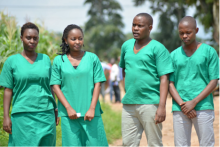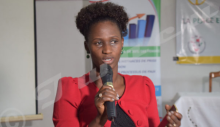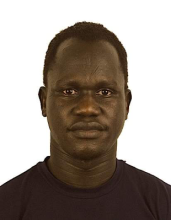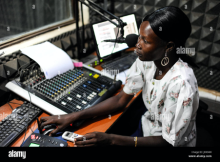Peace reporting denies Rwandan citizens accountability from government officials
Submitted by fkakooza on
During the 1994 Rwandan genocide, some of the media betrayed its people. Radio-Television Libre des Mille Collines and the Kangura magazine both sponsored or run by hard-line Hutu party officials were at the forefront of hate media. Later, Rwanda’s media took to peace reporting in order to help the people unite and heal from the 1994 genocide effects. However, this seems to have had negative consequences for press freedom and freedom of expression as well as holding public officials accountable.

